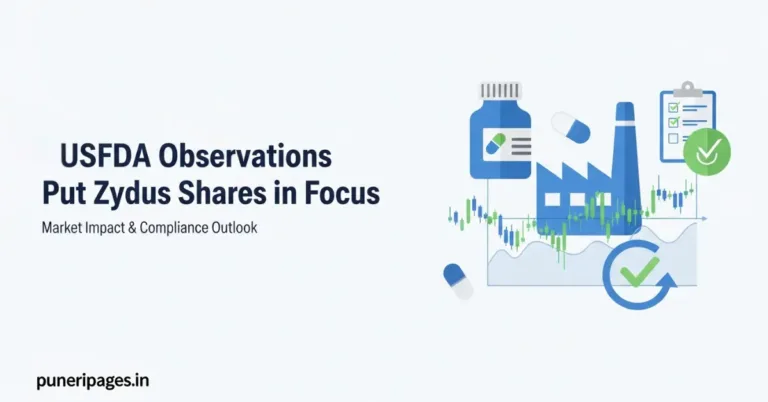
Google's strategic move to dominate the AI race through benchmarking — illustrated by a futuristic judge analyzing AI models. Powered by PuneriPages.in.
By Prashant for PuneriPages.in
You ever get the feeling that some moves in tech aren’t just smart, they’re strategic masterstrokes? That’s exactly what this feels like. Google has quietly (but very intentionally) launched its own AI benchmarking platform. And while on the surface it might look like a helpful tool for comparing AI models, let’s be real: this is about far more than fairness or transparency. This is about control.
If you’ve been following AI like I have, you know the industry has lacked a consistent way to measure how good these models actually are. Every company just picked whatever benchmarks made their model look the best. Confusing, right?
Table of Contents
So Google steps in and says, “Hey, let’s fix that.” They’ve introduced a platform that tests models across categories like coding, language understanding, reasoning, and general knowledge. It’s like giving all these AIs the same final exam and seeing who actually studied.
They’re using heavy-hitter benchmarks like:
- MMLU: for broad, real-world knowledge.
- HumanEval: for judging coding chops.
And here’s the kicker—now that Google has the scoreboard, they get to decide what “good” looks like. That’s some serious influence.
Why This Move is Pure Strategy
- Google as the “Truth Keeper” If everyone starts trusting Google’s scores, then Google becomes the authority on what good AI looks like. Not just a player in the game—but the one keeping score. That’s power.
- Showcasing Gemini in the Best Light This platform conveniently puts Gemini (Google’s own AI) in the spotlight, tested in an environment they built. Of course Gemini will shine—it’s like performing on your home stage with your lighting.
- Catch-22 for Competitors Now companies like OpenAI and Meta have a tough choice:
- Opt out? They look like they’re hiding something.
- Opt in? They validate Google’s platform. Either way… Google wins.
The Bigger Picture
For developers and businesses (like those of us actually building or choosing AI tools), this is genuinely helpful. It’s now easier to compare models and make informed decisions—whether you’re building an app, automating support, or choosing an API.
But for the industry? It’s a big shift. We’re seeing the first real attempt to standardize AI evaluation—and it’s coming from a competitor who also wants to win the race. That’s… complicated.
Can Google Stay Neutral?
Let’s not kid ourselves. Google says the platform is open and objective, but we’ve seen this movie before with Android and Chrome. They build amazing platforms—but they’re always positioned to benefit the most.
Still, it’s a smart move. And maybe a necessary one, given how chaotic AI evaluation has been.
My Take
This isn’t just another product drop. This is Google making a play to control the rules, the narrative, and the future of AI. And they’re doing it in classic Google fashion—through quiet domination, technical excellence, and massive platform reach.
They don’t just want to run the race. They want to be the judge, the timer, and the finish line.
And honestly? I think they might pull it off.






